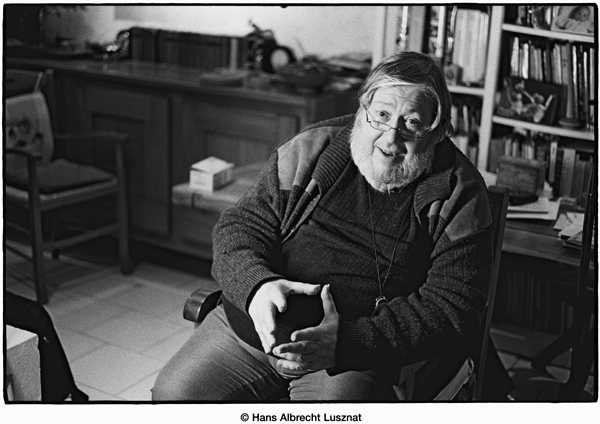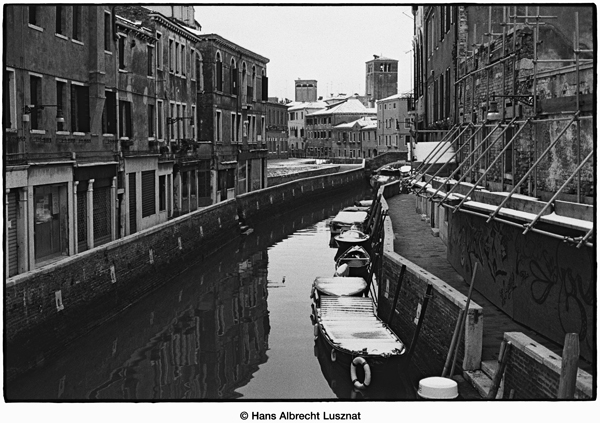
Intolleranza - Luigi Nono's Scenic Action as Seen Today
Ein Film von Bettina Ehrhardt
D 2004, 58 Minuten
Dokumentarfilm, Digibeta
Regie: Bettina Ehrhardt
Kamera: Hans Albrecht Lusznat, Volker Tittel, Thomas Bresinsky
Ton: Sebastian Riederer von Paar, Gregor Kuschel
Schnittdramaturgie: Nigel Timperley
Musik: Luigi Nono
Redaktion: Albin Hänseroth, Lothar Mattner
Produktion: BCE Film, WDR
Erstsendung: WDR
Festival Screenings FIPA Biarritz 2005
Scene from "Intolleranza" (photo courtesy of bce film)
The film traces the history of Intolleranza 1960, a music-theatrical work with which Luigi Nono responded to the great political issues of his time: immigration and xenophobia, torture, industrial disasters and natural catastrophes. Nono wanted to “bear witness” to his time - for him, music and political awareness were inseparable.
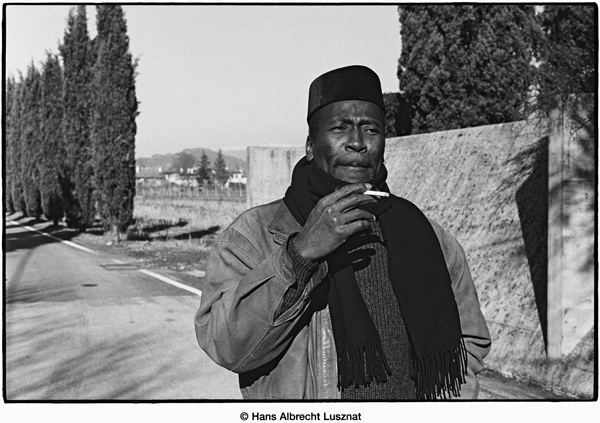
Koffi Kôkô
In the center of the action is the character of the immigrant, represented in the film by the African dancer Koffi Kôkô, in scenes that oscillate between art and documentary. In Venice in 1961, Intolleranza’s world premiere caused a scandal - people who witnessed it at the time recall what happened and discuss Nono’s æsthetic and political views. Among them: Nuria Schoenberg Nono, the painter and set designer Emilio Vedova, the philosopher Massimo Cacciari and Nono’s pupil, the composer Helmut Lachenmann. Nono’s humanism remains compelling: “The origin of my works is always to search within ‘human provocation’: an event, an experience, a test of our life provokes my instinct and my conscience to give testimony as a human being and a musician.”
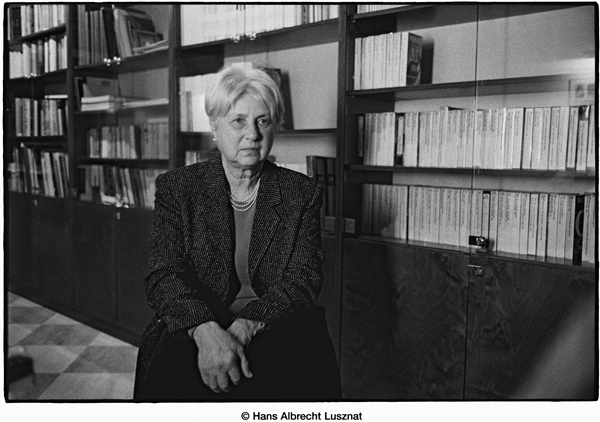
Nuria Schoenberg Nono
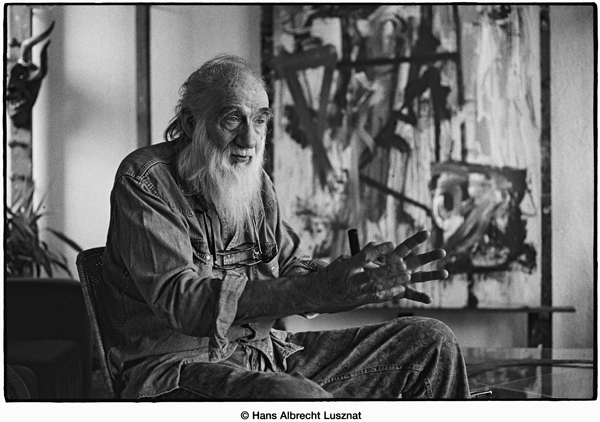
Emilio Vedova
Inklusive 56-minütige Dokumentation INTOLLERANZA - LUIGI NONO’S SCENIC ACTION AS SEEN TODAY von Bettina Ehrhardt
Ein beeindruckender Dokumentarfilm der Filmemacherin Bettina Ehrhardt, der die Geschichte von ''Intolleranza 1960'' nachzeichnet, einem musiktheatralischen Werk, mit dem Luigi Nono auf die großen politischen Fragen seiner Zeit reagierte: Einwanderung und Fremdenfeindlichkeit, Folter, Industrie- und Naturkatastrophen. Nono wollte von seiner Zeit „zeugen“ – für ihn waren Musik und politisches Bewusstsein untrennbar.
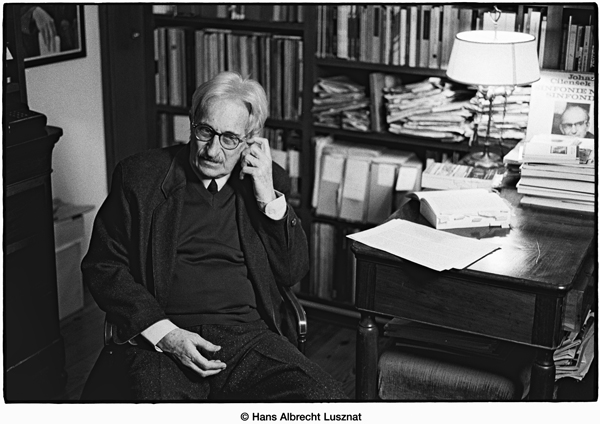
Im Zentrum des Geschehens steht als Protagonist ein Einwanderer, im Film repräsentiert durch den afrikanischen Tänzer Koffi Kôkô. In Venedig sorgte 1961 die Uraufführung von Intolleranza für einen Skandal – die damaligen Zeugen erinnern sich an das Geschehene und diskutieren über Nonos ästhetische und politische Ansichten. Darunter: Nuria Schönberg Nono, die Sopranistin Catherine Gayer, der Maler und Bühnenbildner Emilio Vedova, der Philosoph Massimo Cacciari und der Komponist Helmut Lachenmann, der damalige Schüler Nonos. Luigi Nonos Humanismus bleibt zwingend: „Der Ursprung meiner Werke ist immer die Suche in der ‚menschlichen Provokation‘: Ein Ereignis, eine Erfahrung, eine Prüfung unseres Lebens provoziert meinen Instinkt und mein Gewissen, als Mensch und Musiker Zeugnis abzulegen.“
